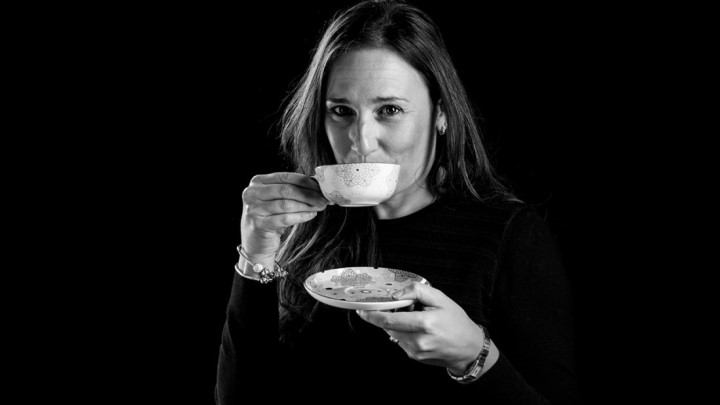Earlier this week, purpose-driven business leaders gathered in Sydney to talk shop at the annual Purpose Conference. On day one of the two-day event, a panel consisting of B Lab Australia and New Zealand CEO Andrew Davies, KPMG chief purpose officer Richard Boele, Unilever ANZ CEO Nicky Sparshott and Amazon sustainability innovation leader Anne Aschoarsobi explored the opportunity for large corporations to get involved in the sustainability movement. Here are some key takeaways from
from the panel.
The status quo is changing for all businesses
The fact that the old way of doing business is dying out is not lost on B Lab ANZ CEO Andrew Davies. In fact, B Lab has built an entire service on highlighting and testing those businesses that claim to be making a difference environmentally, sustainably and ethically.
“We have to be accountable for the impact of our businesses, and that’s coming true as our economies change,” Davies said.
“Too often, we see a news story about the consequences of a business’ actions, [and] we think to ourselves that that business needs to do better, and then we move on without asking ourselves what the elements of the system are that need to change to stop it from happening again.”
Thankfully, this is changing. More customers are voting with their wallet when it comes to sustainable brands, and with international and domestic bodies investigating claims of greenwashing across the industry, it’s likely that the businesses refusing to change will continue to be spotlighted in the coming years.
It can start with a small ripple
Nicky Sparshott is a woman on a mission, attempting to make global FMCG conglomerate Unilever a sustainable juggernaut. The business, which owns and operates brands such as Ben & Jerry’s, Dove, Magnum, OMO and Rexona, now positions itself as a ‘purpose-led, future-fit business’, but it wasn’t always this way.
When Sparshott started at Unilever, she had just come from leading T2 through a similar journey. That journey started with the belief that T2 could become B Corp certified if the team put in the effort and made the necessary changes, and that was the same mindset Sparshott brought to Unilever.
When Unilever was recognised as B Corp certified in 2022, it was a massive moment of justification for Sparshott.
“Big business can be B Corp certified, and that’s a huge milestone for us,” Sparshott said. “And yet, we’re just scratching the surface of what we need to do.”
Despite this, both transformations began with simple ideas and conversations around a boardroom, and a general feeling that they didn’t know what they were doing. However, the small acts of constantly moving forward and trying to bring about the change eventually led to both companies being known as players in the sustainable economy.
Change can only come when leaders understand the problem
RIchard Boele joined KPMG after his former human rights consultancy firm Banarra was purchased by the larger group in 2015. Initially, he believed this would give him an opportunity to bring rational, fact-based decisions to the table, and that the best decisions would invariably be made based on those terms. That wasn’t exactly how it worked.
Instead, the real change started to happen when he and the company’s future CEO went to Cape York to see how difficult some people in Australia actually have it.
“He said, ‘Richard, I had no idea things were this bad. I knew, I’d heard, but I really didn’t understand’,” Boele said at the event.
“People in this country are missing really simple things, like access to basic medicines, and they’re struggling every day.”
That understanding led to Boele being named chief purpose officer at KPMG IN 2021, and gave him the job of responding to the internal and external cynicism at the idea of a business as large as KPMG actually doing good in the world.

